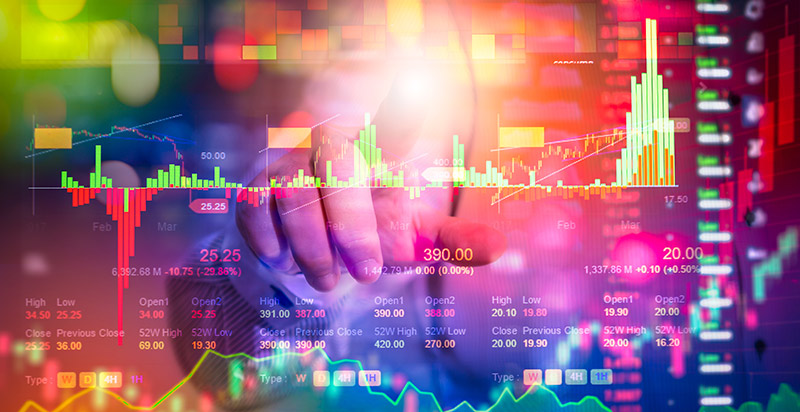The Basics of Currency Trading

4 Intro Steps to Currency Trading
Currency trading takes place on the foreign exchange market, and signifies the practice of buying and selling currencies. Accurate speculation of currency value is vital for effective trading. Venturing into the foreign exchange market can be a highly lucrative exercise, but in order to make a profit and protect your investments, it is necessary to develop a thorough understanding of trading on which to build your venture. Here are some of the basics you’ll need to know.
1. Forex trading
Currency trading is also known as Forex trading, in acknowledgment of the abbreviated term for foreign exchange market. It typically refers to the practice of buying and selling currencies, with the objective of making a profit. You don’t have to be rich to achieve success as a Forex trader. With thorough training from an organisations like ours, anyone can potentially make money by using an effective Forex Trading Course .
2. Leverage
When it comes to trading on the foreign exchange market, leverage plays an extremely important role in the buying and selling of currency. Leverage refers to the practice of trading with borrowed money. For example, if a trader wishes to control $1,000 on the Forex market, they may only need to provide a deposit of $10, allowing them to trade with a greater amount of money than is actually present in their account. It might sound like a good deal, but leverage can be risky, and should only be used as a tactic by experienced traders.
3. Margins
Margins and leverage are closely related concepts. In order to set up a trading account, an investor must first borrow money from a broker. To protect both parties from losses, a certain amount of money must be deposited into the account to act as a margin requirement. Essentially, a margin requirement is the amount of cash a trader must provide as security deposit before they can begin buying and selling currency on the Forex market. Rather than seeing a margin as a fee or additional cost, it should be thought of in terms of equity.
4. Quotes
The whole point of currency trading is to make a profit by purchasing undervalued currency and selling overvalued currency. This might sound simply enough, but markets are constantly fluctuating due to changing economical conditions. For instance, a natural disaster can have a huge impact on the value of a nation’s currency, leading to significant ramifications in the foreign exchange market. Given the importance of comparing currency when trading on the Forex market, currency data is routinely often quoted in sets of two. The US dollar is most commonly used as the base currency, in order to give traders a simple and accurate representation of a certain currency’s value.
As one of the largest and most rapidly evolving markets in the world, successful navigating the foreign exchange market takes a certain amount of training and skill. Do you think you have what it takes to master the basics of currency trading? Share your thoughts in the comments below.
Discover financial freedom and learn to trade Foreign Exchange with a global award winning educator. Register for a FREE workshop today!






































